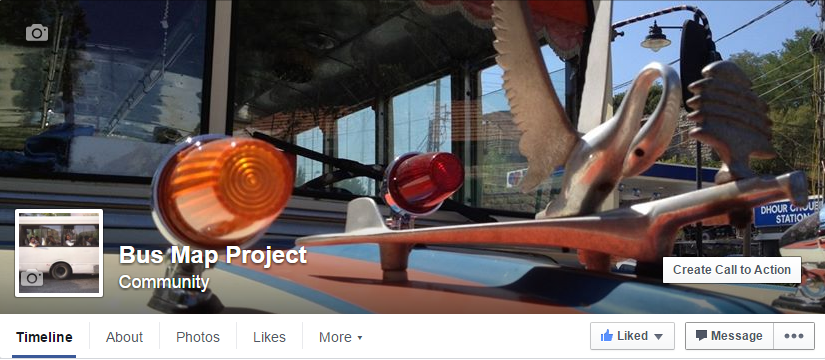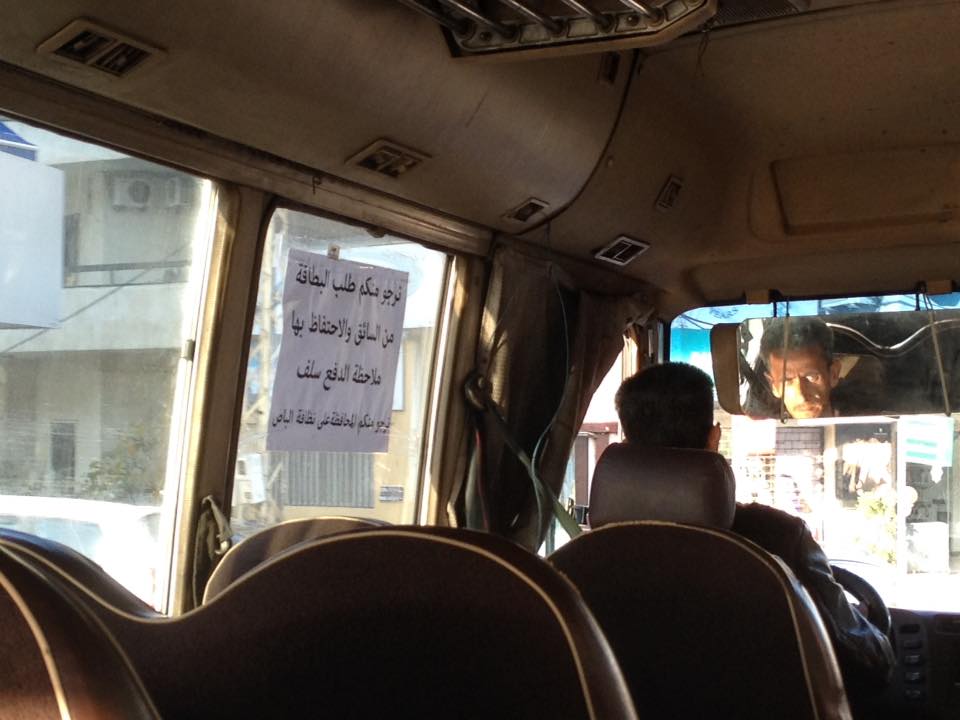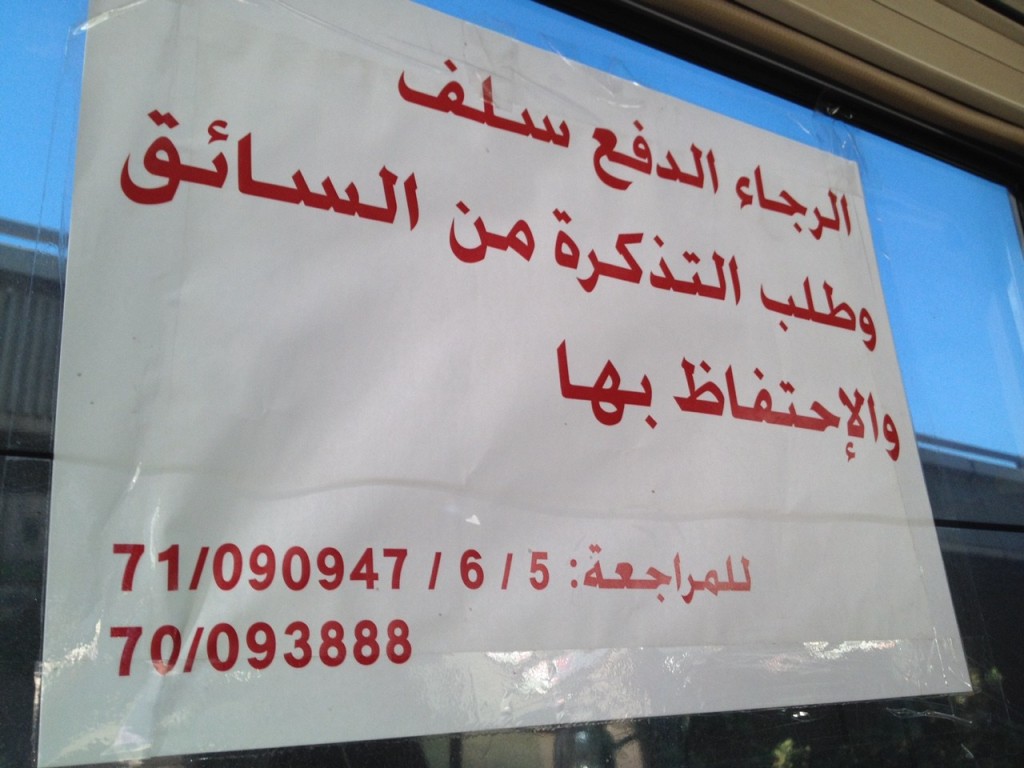We are always happy to receive stories of riding the bus, particularly when they highlight the diversity of gendered experiences on Lebanon’s transit, as part of our occasional but still ongoing #HerBus series. And these stories are even more special when they intersect with our own!
Youmna got in touch and told us how Bus Map Project co-founder Chadi Faraj’s app had a significant impact on her mobility in and around Beirut.
Fun fact: googling how to get to Fanar by bus was the exact same way our team first got together!
***
Being a Beiruty girl, who loves to go out, but is living outside of Beirut without a car, has never been easy.
Needing a family member or a friend to drive me, or paying a minimum of $10 to go anywhere, drove me to buy a car in my early twenties; lack of parking spaces and nervousness while driving from Bshemoun to work in Hamra drove me to give my car away and miss out on most events in my late twenties.
I created a car-less pattern that suited me: I go in the morning with dad go to work in Hamra; I stay after work in Hamra to feel alive, then make dad come and take me home.
I was once asked by a foreign friend while nagging about my problem why I didn’t take public transport? And at that time, I remember feeling ashamed while saying to him that we don’t have any.
The pattern I created went great until my dad needed to travel for two weeks and I left my job and needed a more economical method to go to Fanar to conduct a study, so I started googling, and by coincidence, I found the Lebanon Buses app.
Using the app, I learned how I could take the Number 15 from Corniche then jump into the Number 5. On the way back, I could take a service to Dawra and then the Number 2 to Hamra.
After using the app, I paid 3000LL instead of 30,000LL per day, and I became curious about how I could use more buses.
When I shared the app and map with my friends, half of them said: “you wish!” And I was so pleased to tell them that the app is correct; that the buses do exist and the map simply tracked them down.
With every bus ride, there is a story. They’re safer and funnier than taxies, so hopefully I will be sharing these stories with you as they come along.


